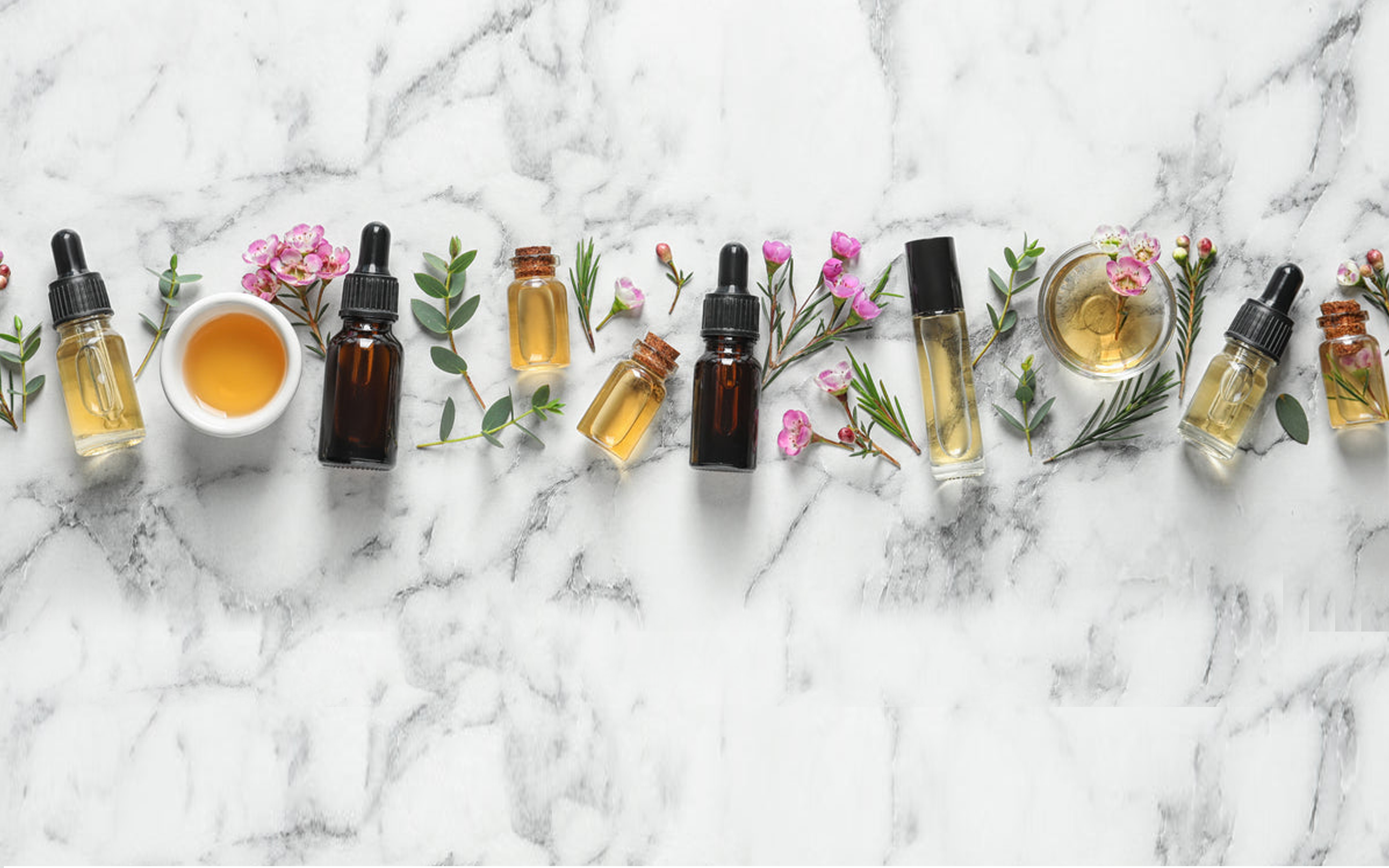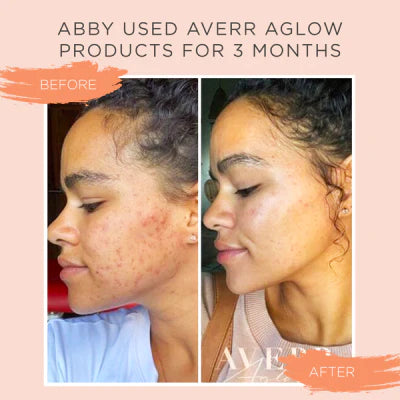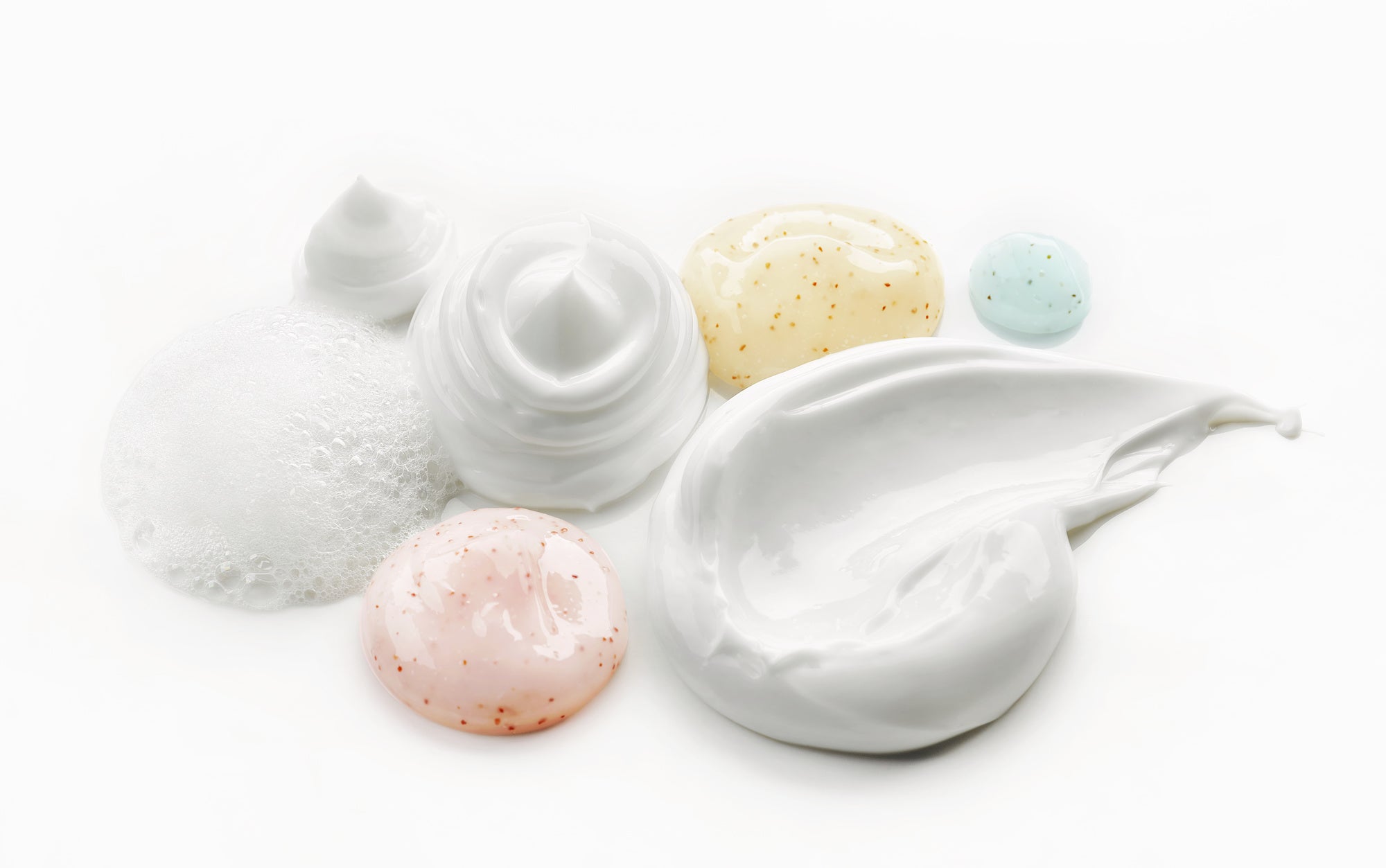
Tea Tree Oil for Acne
What is Tea Tree Oil
Tea tree oil, also known as melaleuca oil, is a natural essential oil derived from the leaves of the tea tree plant (Melaleuca alternifolia), native to Australia. It has a long history of traditional use by indigenous Australian populations for its medicinal properties. Tea tree oil is renowned for its potent antimicrobial, anti-inflammatory, and antiseptic properties, making it a popular ingredient in skincare and hair care products, as well as alternative medicine.
Here are some key characteristics and uses of tea tree oil:
- Antimicrobial Properties: Tea tree oil exhibits strong antimicrobial activity against a wide range of bacteria, fungi, and viruses. It can help inhibit the growth of acne-causing bacteria such as Propionibacterium acnes, as well as fungal infections like athlete's foot and nail fungus.
- Anti-Inflammatory Effects: Tea tree oil has anti-inflammatory properties that can help reduce redness, swelling, and irritation associated with various skin conditions, including acne, eczema, and psoriasis. It soothes the skin and promotes a calmer complexion.
- Antiseptic and Cleansing: Tea tree oil is a natural antiseptic, making it effective for cleansing and disinfecting wounds, cuts, and minor skin irritations. It can also be used as a natural household cleaner to sanitize surfaces.
- Acne Treatment: Due to its antimicrobial and anti-inflammatory properties, tea tree oil is commonly used to treat acne. It helps unclog pores, reduce excess oil production, and soothe inflamed skin, leading to clearer and healthier-looking skin.
- Scalp and Hair Health: Tea tree oil is beneficial for maintaining a healthy scalp and hair. It helps alleviate dandruff, itching, and flakiness associated with scalp conditions like seborrheic dermatitis. It also promotes hair growth and helps control excess oil production on the scalp.
- Natural Deodorizer: Tea tree oil has a refreshing and invigorating scent and can be used as a natural deodorizer. It helps neutralize odor-causing bacteria, making it an effective ingredient in natural deodorants and foot sprays.
Where Does Tea Tree Oil Come From?
Tea tree oil comes from the leaves of the tea tree plant (Melaleuca alternifolia), which is native to Australia. Indigenous Australian communities have long used the leaves of the tea tree plant for their medicinal properties. The oil is extracted through a steam distillation process, where the leaves are steamed to release the essential oil contained within them. Once the steam cools, it condenses into a liquid form, separating the essential oil from the water. This process yields the potent and aromatic tea tree oil, known for its antimicrobial, anti-inflammatory, and antiseptic properties.
Be aware, not all tea tree oil is harvested with complete and utter precision. There are several ways that the oil can be contaminated throughout the process, creating a product that isn’t as pure and beneficial as it’s supposed to be. When you’re perusing ingredient lists or Googling, tea tree oil goes by different names, you might see it listed as melaleuca oil or TTO.
How Tea Tree Oil Helps Acne
Tea tree oil is known for its effectiveness in treating acne due to several key properties:
- Antimicrobial Action: Tea tree oil has powerful antimicrobial properties that help combat the growth of acne-causing bacteria, particularly Propionibacterium acnes (P. acnes). By reducing the population of these bacteria on the skin, tea tree oil can help prevent new acne lesions from forming.
- Anti-Inflammatory Effects: Inflammation plays a significant role in the development and exacerbation of acne. Tea tree oil possesses anti-inflammatory properties that help reduce redness, swelling, and irritation associated with acne breakouts. It soothes the skin and promotes a calmer complexion.
- Regulates Oil Production: Tea tree oil can help regulate sebum (skin oil) production, which is often excessive in individuals with acne-prone skin. By controlling excess oil production, tea tree oil helps prevent clogged pores and reduces the likelihood of new acne lesions.
- Unclogs Pores: Tea tree oil has natural astringent properties, which means it can help unclog pores by removing dirt, oil, and dead skin cells that contribute to acne formation. This helps keep the pores clear and reduces the risk of blackheads, whiteheads, and pimples.
- Gentle Exfoliation: Tea tree oil can promote gentle exfoliation of the skin, helping to remove dead skin cells and promote cell turnover. This process can prevent pores from becoming clogged and contribute to smoother, clearer skin over time.
Tree Tea Oil Precautions
- When using tea tree oil for acne treatment, it's essential to dilute it with a carrier oil, as it can be irritating when applied directly to the skin. Tea tree oil should be applied topically only, but it’s toxic if ingested.
- While tea tree oil is generally considered safe for topical use, it can cause adverse reactions in some individuals, particularly those with sensitive skin.
- If you’re already using active ingredients like benzoyl peroxide, salicylic acid or retinol as part of your skin care routine, adding tea tree oil to the mix may be irritating. That said, there are many acne-fighting products on the market that combine these ingredients in a safe and effective way.
- Tea tree oil isn’t regulated like a medicine, so there can be wide variations in product quality and ingredients.
How Do You Know Your Tea Tree Oil is Safe?
Unfortunately, not all tea tree oil is of the same quality. Some manufacturers resort to cost-cutting measures that result in inferior products. This includes synthesizing compounds artificially, which can lead to impure oils with unpredictable side effects. Others grow tea tree plants in non-native environments, diminishing the oil's effectiveness and purity. These plants often require fertilizers and other non-organic substances, altering the oil's composition. Furthermore, some companies engage in misleading marketing practices to sell their products, eroding trust in the industry.
Where Does Averr Aglow Get Their Tea Tree Oil?
Our tea tree oil comes from farms in the Northern Rivers of New South Wales in Australia, the only region where tea tree grows in the wild. Farmers use a unique harvesting technique called wildcrafting to ensure the oil is pristine at its highest quality.
Each tree is hand-harvested so that any foreign material, like grass and weeds, doesn’t accidentally get mixed in with the final product, which could cause skin irritation. After that, the harvested plant undergoes a rigorous, long-term distillation process to make sure the oil extracted is in its purest state.
How to Treat Your Acne Using Averr Aglow’s Tea Tree Oil Products
Averr Aglow’s Clear Skin Elixir, with the help of tea tree oil, French pink clay, and raspberry seed oil, pulls toxins from your skin while replenishing your sensitive complexion with vitamins and minerals. The Clear Skin Elixir is an overnight face mask that won’t rub off on your pillow and works while you sleep. Many customers can see results as soon as the next day.

The tea tree oil that Averr Aglow uses has the ecoV stamp of approval. It is hand-harvested and wild-crafted, so you know you’re getting the best of the best.







